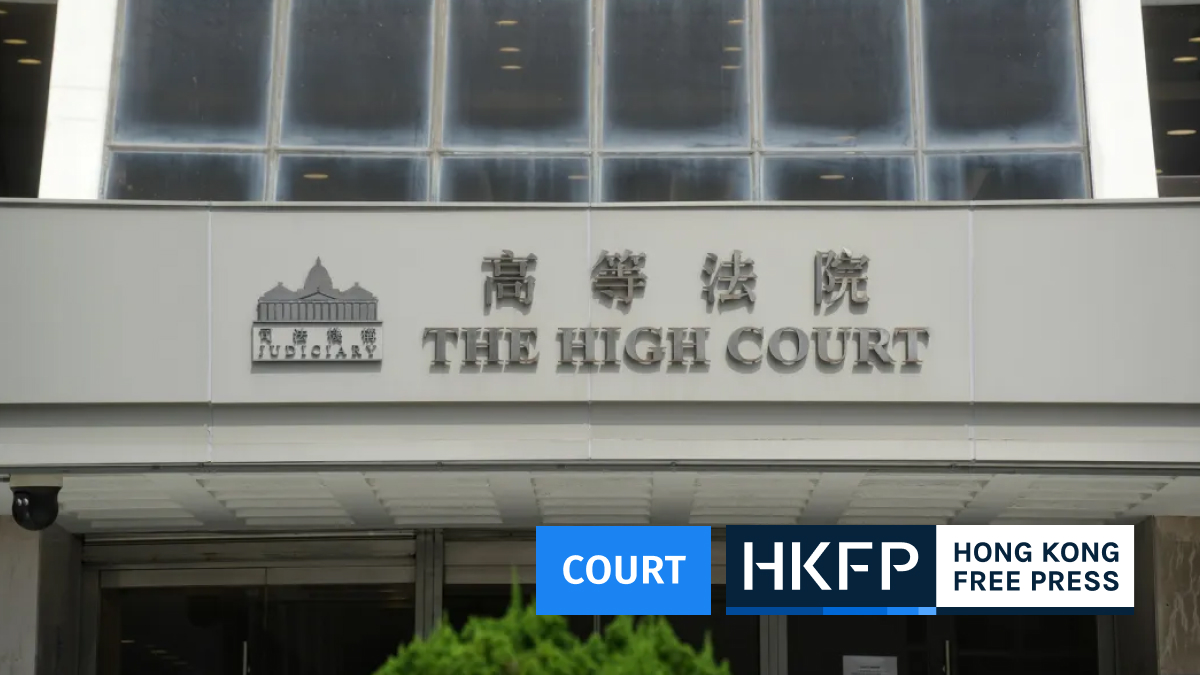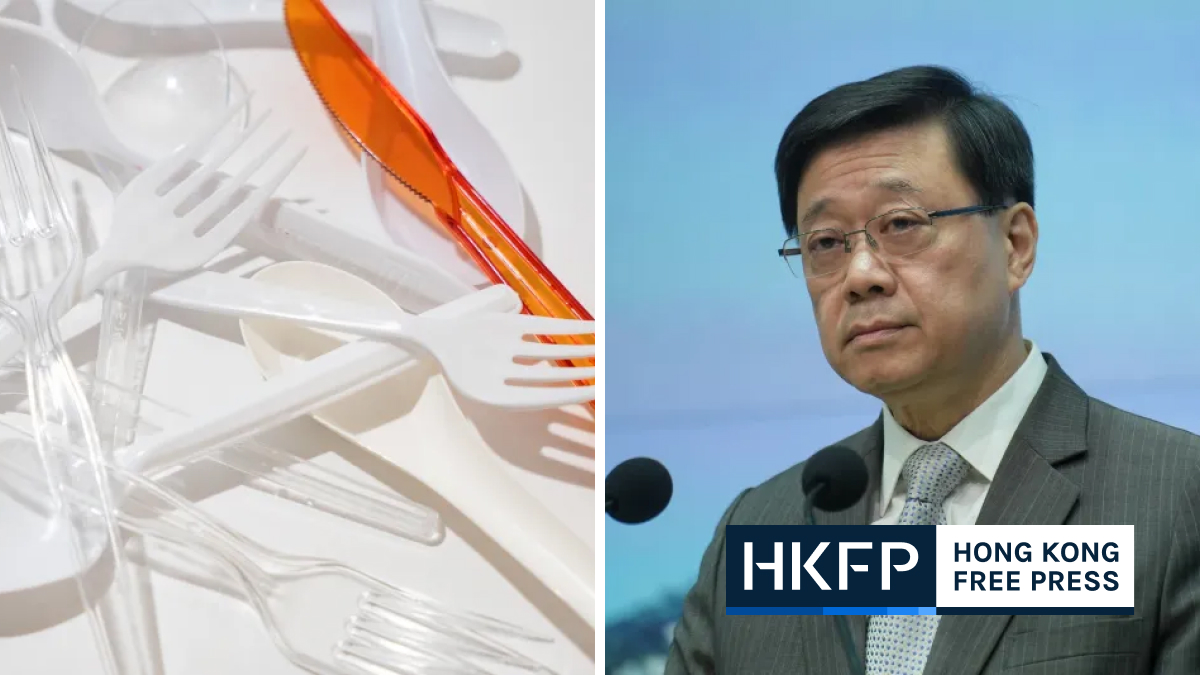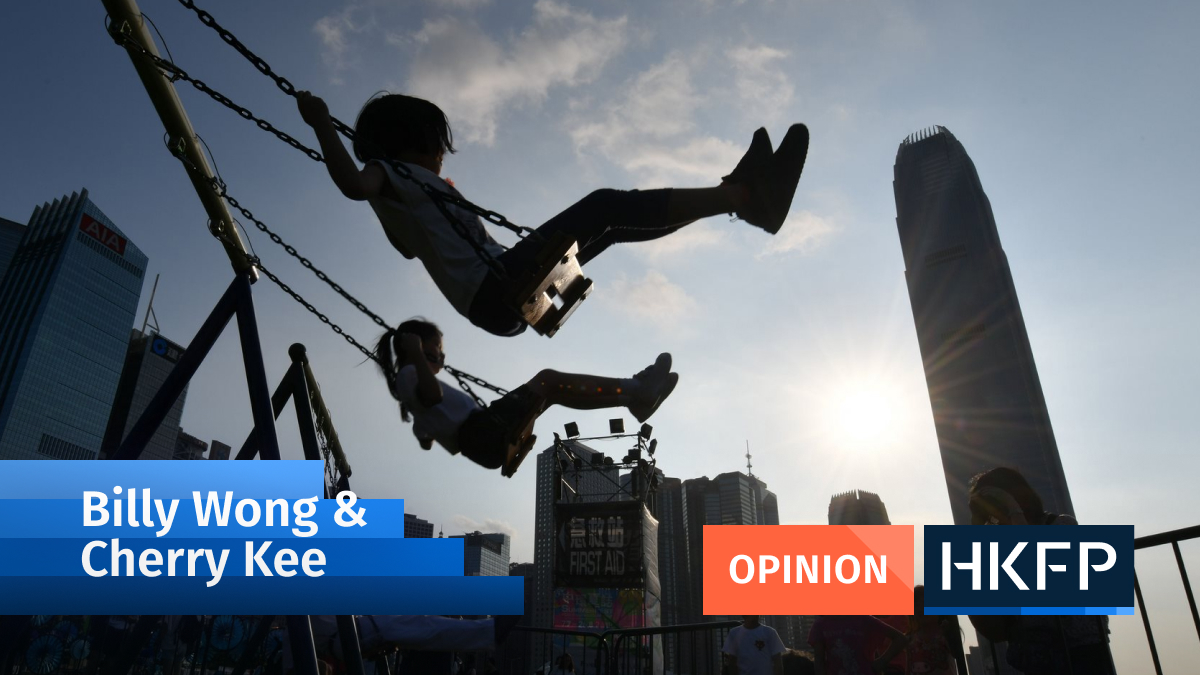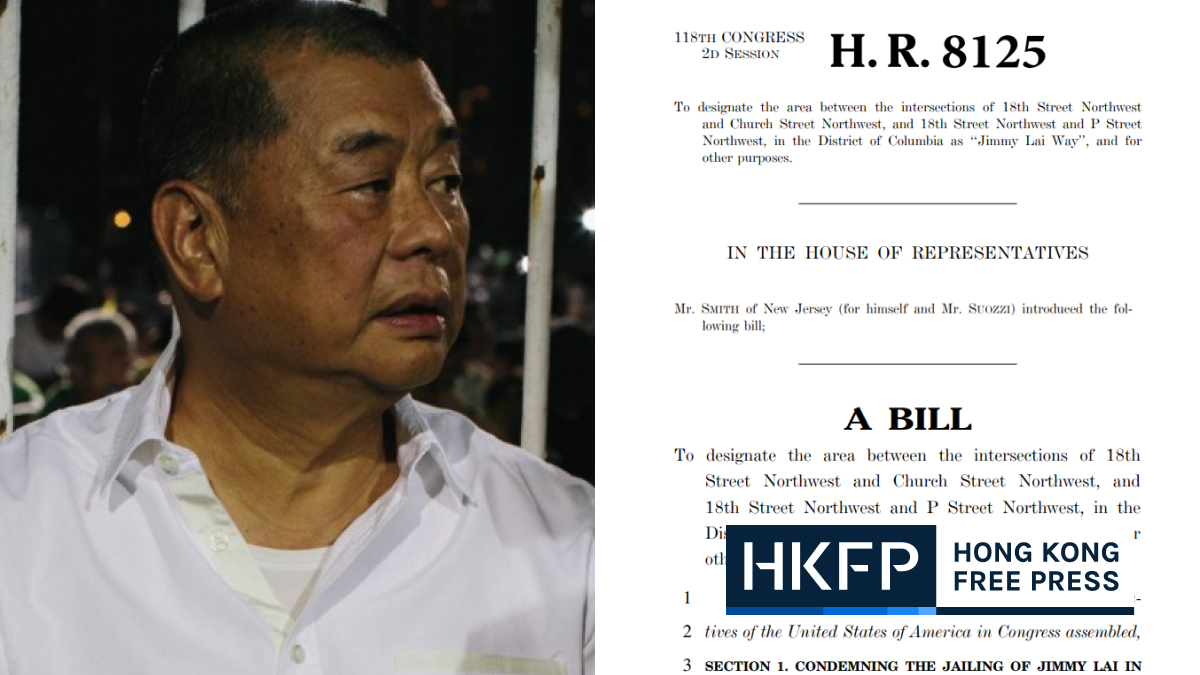A Hong Kong lawmaker has questioned how a government film subsidy fund vetted projects, citing “views” that the scheme had backed movies promoting “soft resistance” and with “negative energy.”
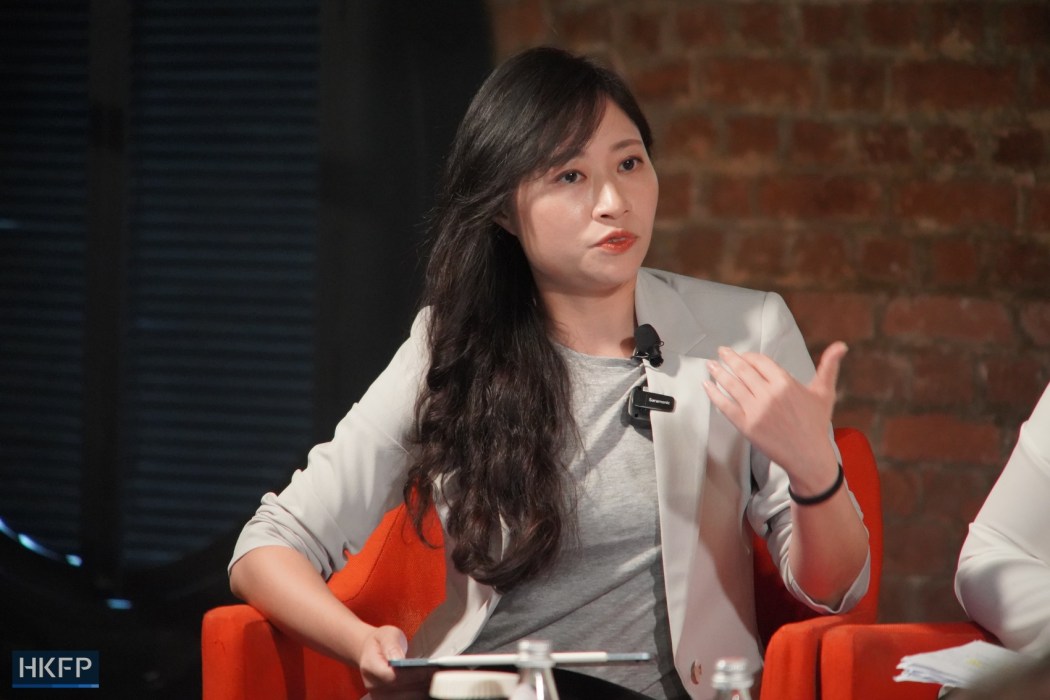
Lawmaker Joephy Chan raised the matter as part of the legislators’ questions to different government departments ahead of Legislative Council meetings to discuss the budget for this financial year.
”There are views suggesting that the projects funded by the Film Development Fund (FDF) are suspected of containing ‘soft resistance’ and negative energy, and lacking elements of ‘telling the good stories of Hong Kong’ and “telling the good stories of China,“ Chan said. The FDF provides funding for small-to-medium budget film productions.
The lawmaker asked how authorities were vetting funding applications and what proportion of films supported over the past five years carried “positive thinking.” She also asked if the authorities would consider “telling good Hong Kong stories” and “telling good China stories” when vetting funding applications to “promote the best side of Hong Kong.”
In response, the Culture, Sports and Tourism Bureau said the processing of applications took into account the plot’s creativity, budget and “local production elements,” among others factors.
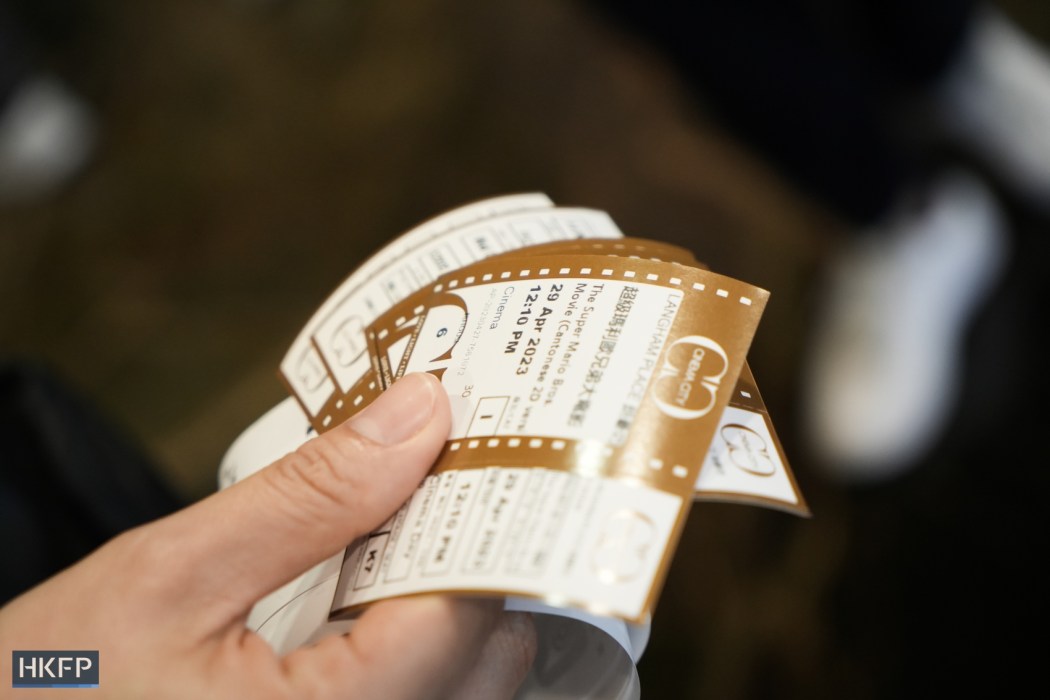
“The FDF does not limit the content of the project applications to encourage creativity,” the bureau wrote. But it added that projects must meet the fund’s application requirements and not breach any Hong Kong laws including the Beijing-imposed national security law and Article 23, new, homegrown security legislation enacted last month.
Projects supported by the Film Development Fund from 2019 to 2023 had “multi-faceted messages,” the Culture, Sports and Tourism Bureau said. A table provided by the bureau showed that it funded 48 films via the Film Development Fund in the past five years, 26 of which were dramas. Ten were comedies, while the others were categorised as genres including crime, thriller and romance.
The bureau added that under China’s 14th Five-Year Plan, a framework of the country’s policies, Hong Kong was determined to promote Hong Kong popular culture to the world and “tell good stories” of Hong Kong and China.
The Hong Kong Film Development Council, which oversees the Film Development Fund, also has other initiatives including the Hong Kong-Asian Film Collaboration Funding Scheme and the Hong Kong-Europe-Asian Film Collaboration Funding Scheme. These initiatives help Hong Kong films develop their overseas markets and tell “good stories,” the bureau wrote.
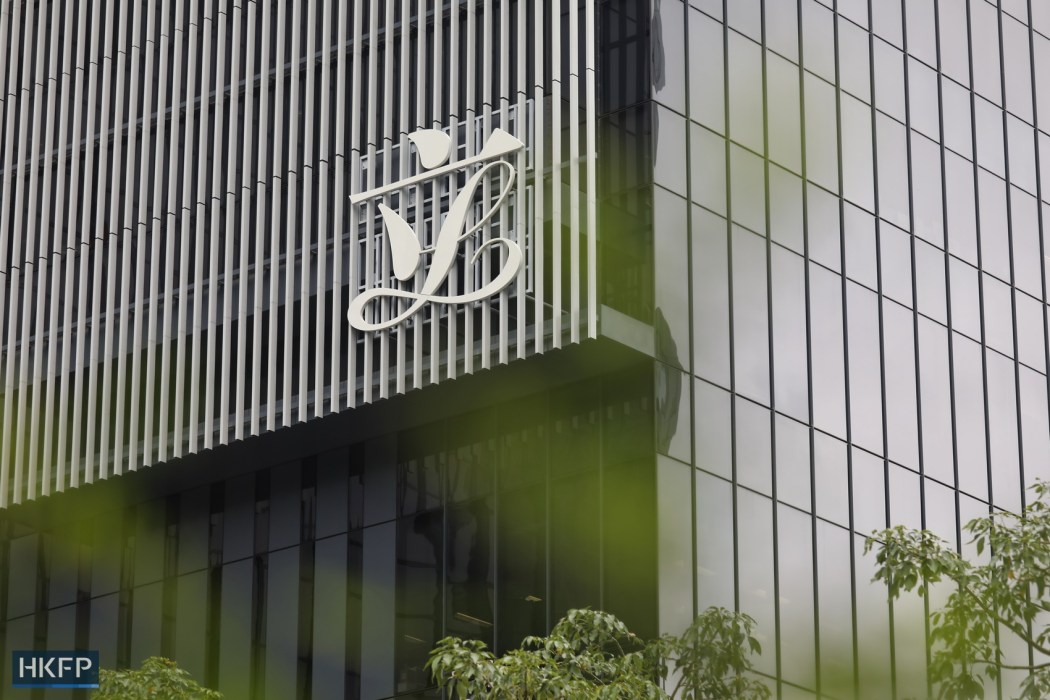
The Film Development Fund, launched in 1999, has subsidised dozens of major Hong Kong films over the years. The Sparring Partner, A Guilty Conscience and In Broad Daylight were among the recent movies that received funding from the scheme.
On Monday, the chairperson of the Hong Kong Film Development Council congratulated four FDF-funded films for their wins at the 42nd Hong Kong Film Awards.
The four films were Time Still Turns the Pages, Fly Me to the Moon, A Guilty Conscience and Band Four.
“This highlights the efforts of the FDF in supporting film productions, in terms of both quantity and quality, and in nurturing talent. We will continue to promote the development of Hong Kong cinema,” Wilfred Wong, the chairperson of the council, said.
Last year, Chan asked in the Legislative Council whether the Film Development Fund would consider setting up an initiative for filmmakers making patriotic movies.
According to InMedia, Chan also slammed A Guilty Conscience – a movie about a mother wrongly charged with murdering her daughter – in a YouTube video in November 2022. She said the film poorly portrayed the police force, and depicted the younger generation as thoughtful and truth-seeking while the elderly were presented as selfish.
Officials from the Culture, Sports and Tourism Bureau will address lawmakers on the questions in person at a meeting on Thursday afternoon.
Support HKFP | Policies & Ethics | Error/typo? | Contact Us | Newsletter | Transparency & Annual Report | Apps
Help safeguard press freedom & keep HKFP free for all readers by supporting our team

LATEST FROM HKFP
HKFP has an impartial stance, transparent funding, and balanced coverage guided by an Ethics Code and Corrections Policy.
Support press freedom & help us surpass 1,000 monthly Patrons: 100% independent, governed by an ethics code & not-for-profit.




